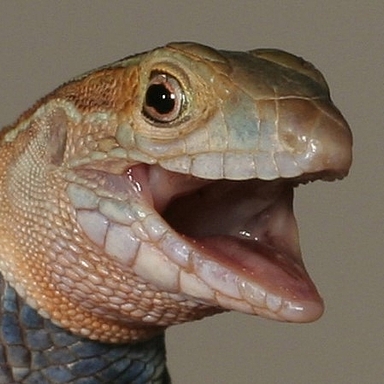Project 10.1

- PhD student: Valentine Patterson
- Supervisor: Peter Baumann
- Co-Supervisors: Romain Libbrecht
- Further TAC-members: Julian König, Susanne Foitzik
- Research Group
For my PhD project I am studying allele-specific gene expression in the clonal hybrid species Aspidoscelis neomexicanus, and how variation in allele-specific expression is regulated by epigenetic modifications.
The Aspidoscelis genus consists of over 50 lizard species. Of these, approximately one third are unisexual. Sympatry has favoured hybridization between diploid sexual species within this genus and hybrids have on rare occasions given rise to new parthenogenetic species. Parthenogenesis is a form of asexual reproduction in which an embryo develops from an unfertilized egg cell.
As parthenogenetic lineages are clonal, the heterozygosity present in the original hybrid has been largely maintained for many generations, allowing us to further investigate the evolutionary differences between the ancestral version of the species involved in these hybridization events, and their modern-day counterparts. These lineages can be key study systems to investigate a wide range of questions, such as, the effect of Muller’s ratchet (the accumulation of deleterious alleles), or the phenomenon of hybrid vigour (the increased fitness of a trait in the hybrid offspring), as well as allele-specific expression as a mechanism for regulating gene expression and increasing gene expression diversity.
Allele-specific expression is the phenomenon in which a gene may express one allele, preferentially to the other, in polyploid organisms. This difference in expression between the two alleles can be the result of regulatory mechanisms that cause a decrease or increase in expression of one allele.
As the two genomes in the diploid A. neomexicanus species originate from two different parental species, the two alleles of a gene are more distinct, than in non-hybrid diploid species. This allows me to focus my PhD project on understanding the mechanisms regulating allele-specific expression differences. Moreover, insights into the extent and plasticity of allele-specific mechanisms can give us further understanding into the genetic differences in other species.